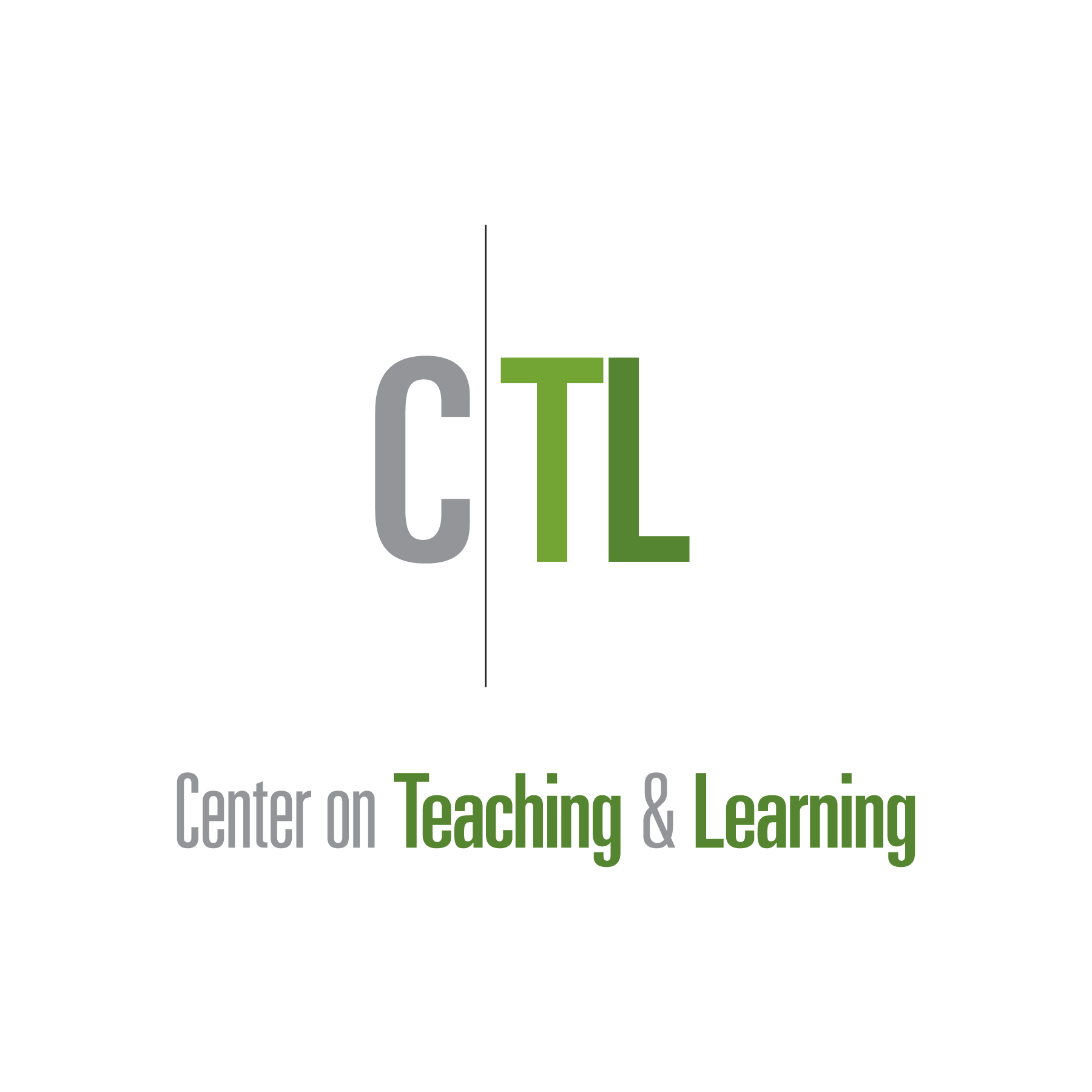
Cohort 10 Stepping-Up Technology Implementation University of Oregon, Eugene, OR Stepping Up KTEK: Expanding Early Math Instruction for Students with Disabilities KTEK is a system of iPad apps offering students engaging individualized instruction, feedback, and assessment in critical kindergarten math concepts related to whole numbers. Teachers benefit from live reports on a separate teacher app and access to the KTEK website for more detailed reporting and class management. With previous development and pilot funding from The U.S. Department of Education, Institute of Education Sciences, KTEK demonstrated feasibility and promise in improving math achievement. With this OSEP funding, KTEK will be expanded to more effectively serve preschool and early elementary students, particularly those with math learning disabilities or those who would benefit from self-regulation strategies and supports. Through the expanded system, teachers and parents will be able to individualize the scaffolds and supports the student receives and flexibly implement the program with high fidelity across a variety of contexts (e.g., home/school, with/without wireless, one/many devices). We will explore multiple instructional modes, reporting formats, and data integration options while simultaneously developing implementation resources across a variety of platforms to promote a good fit of KTEK with a particular population’s instructional needs and context, as well as effective implementation and sustainability. All our work will be informed by formative (and eventually summative research) on the effectiveness of these expansions, documentation of our research process, and collaboration with other OSEP grantees. |
Contact Information Dr. Mari Strand Cary
Dr. Ben Clarke |
|
 |
|
